
Preview in:
Testing Environment
To ensure fairness, we conducted three searches using different images: a place, a person, and an object (a plain eggplant image in this case). While results may vary depending on location, this serves as a good test of search personalization and accuracy. Without further ado, let’s dive into the experiment.
Images Used
Here are the images we used. Feel free to try the search yourself — simply copy the pictures and upload them to any search engine!



Google Lens
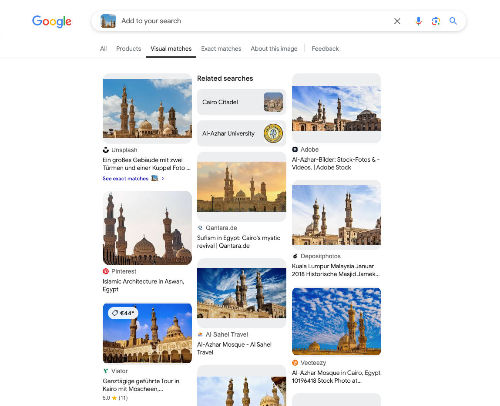
A major advantage of Google’s place search is its ability to detect and display the exact location, as long as it can be identified.
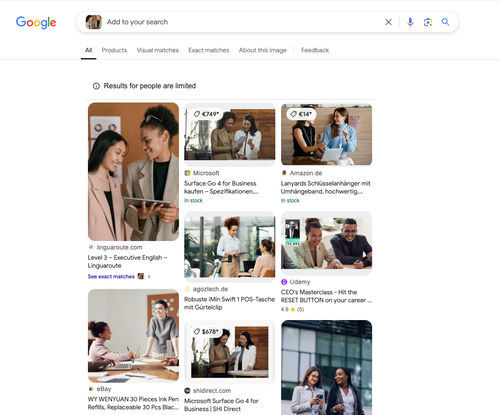
When searching for people, Google isn’t the best solution. It can locate copies of the same image but struggles to find multiple images of the same individual.
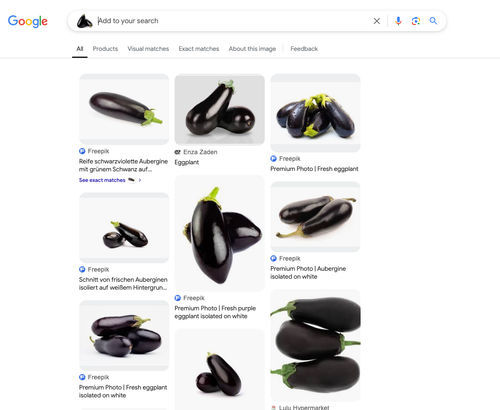
Google found numerous similar images from Freepik but not the exact one. The original image is available in the “Exact matches” tab, but it’s not the first result.
Lenso.ai
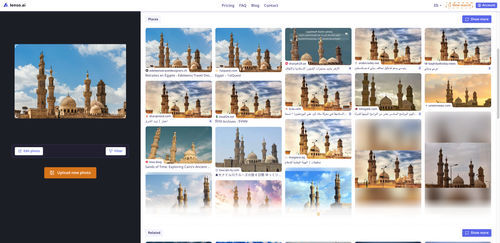
Lenso.ai retrieved various images of the same place from different perspectives. It also identified the same image on multiple websites.

Lenso.ai features built-in facial recognition, allowing users to find the same person in different photos.
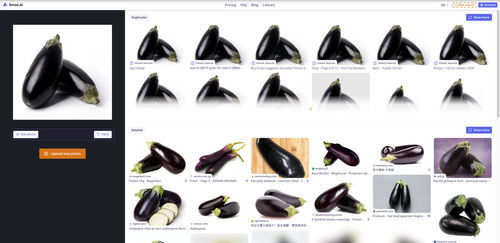
Lenso.ai categorized its findings into duplicates, related images, and similar images. Each category provided distinct results, including the exact image, as well as various images of eggplants or other vegetables.
Bing
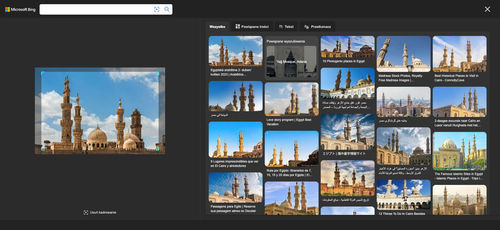
Bing successfully located the exact image, though not from the original source. It also identified the location where the photo was taken.

Bing’s search quality was comparable to Google’s. It found a different image of the same woman and a few similar images of other individuals.
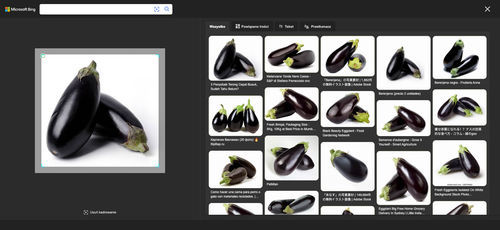
Bing located the exact image in several places, along with many similar pictures.
TinEye
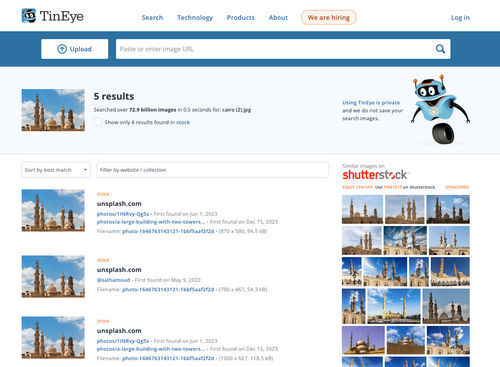
TinEye identified the original source of the image but did not display any similar images.
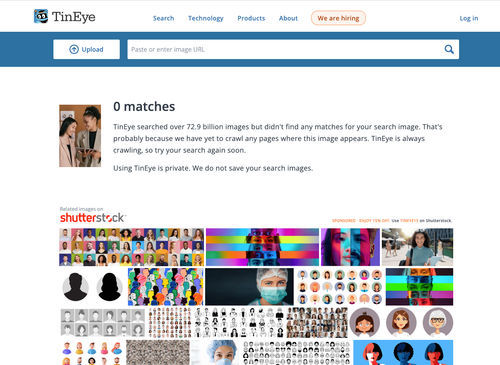
TinEye didn’t find any results for this image.

It located a few copies of the same image.
Yandex
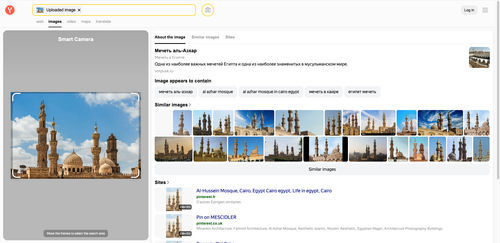
Yandex found both copies and different perspectives of the place. It also displayed the location’s name, but only in Russian.

Yandex provided more results for the same woman, though not as many as Lenso.ai.
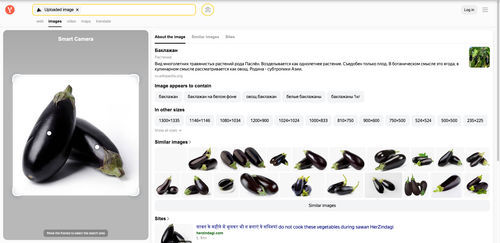
Yandex located a mix of identical and similar images and included a brief description of the vegetable.
Conclusion
While most reverse image search engines performed fairly well, we ranked them based on overall experience and search quality:
- Lenso.ai
- Yandex
- Google Lens
- Bing
- TinEye
According to our research, lenso.ai outperformed others by finding all the images and categorizing them. Additionally, it was the only tool capable of identifying faces. However, it didn’t provide additional information about places or objects.
Yandex ranked second, delivering good search quality. However, it didn’t identify faces, and its interface was limited to Russian.
Google Lens performed adequately but struggled with face recognition and finding identical matches.
Bing Search offered similar results to Google but lacked categorization, and its interface was less intuitive.
Lastly, TinEye ranked lowest, as it failed to find results for one image and provided fewer results overall.
Share this article on social media and let us know which reverse image search website is your favorite! See you in the next one!
Continue reading

General
How to protect your logo online?
Copyright misuse is unfortunately very common among online businesses. So it is better to be prepared and know how to protect your logo online.
.jpg?tr=w-768,h-auto)
General
Useful Online Tools for Everyday Image Tasks
Working with images is almost a part of our daily routine. People search for image sources, scan documents, and resize photos for different platforms. Also, they perform tasks like extracting text from a screenshot or improving a low-quality photo, which can take more time than expected if done manually.

General
Lenso.ai vs. Other Reverse Image Search Tools: Why It’s the Best Choice
Have you ever tried to find out how many places your image is being used? If not, then you are on the right track. There are various ways to achieve this goal, but the best one is to use reverse image search AI tools.

General
Find a Location from Photo | Place & Landmark Search on lenso.ai
Finding specific places and locations from an image is a challenge. Even the most popular search engines, such as TinEye or Bing, struggle with finding the exact location where a picture was taken. In this article, I will explain how place search on lenso.ai works, and how you can find a specific location from a photo.

General
Turning Images Into Leads: Reverse Image Search for B2B Growth
Images move fast across the web. In B2B marketing, they often travel farther than the teams that created them. Screenshots, charts, product photos, and branded visuals show up in decks, blog posts, social media feeds, and partner sites. Most marketers never track where that exposure leads.
